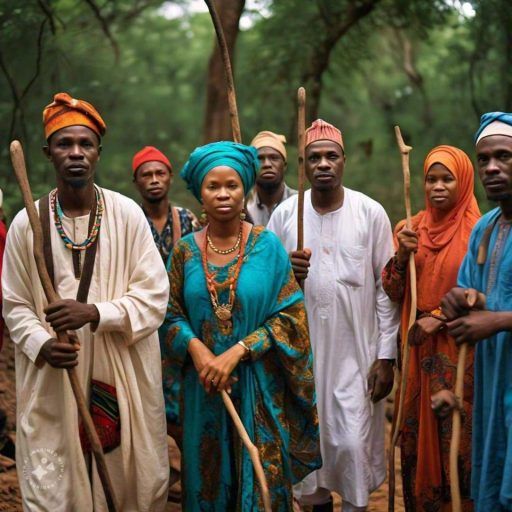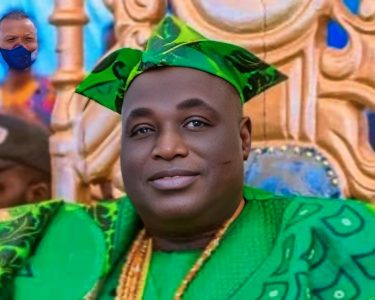The Fulani people, also known as the Fula or Fulbe, have a rich and diverse history that spans over 1,000 years. Originating from the Senegambia region in West Africa, they have migrated and spread across various parts of the continent, particularly in the Sahel and Savannah regions.
Here’s a brief overview:

- Ancient origins (5th-10th centuries): The Fulani people emerged as a distinct ethnic group, influenced by Berber, Arab, and Wolof cultures.
- Migration and expansion (11th-15th centuries): They migrated eastward, driven by trade, Islamic conquests, and search for grazing lands, settling in present-day Mali, Guinea, Sierra Leone, and Nigeria.
- Islamic influence (13th-16th centuries): The Fulani adopted Islam, which shaped their culture, politics, and social structures.
- Empire-building (18th-19th centuries): The Fulani established powerful empires, such as the Sokoto Caliphate in Nigeria and the Massina Empire in Mali, which played significant roles in West African politics and trade.
- Colonialism and resistance (19th-20th centuries): The Fulani resisted European colonial powers, with some leaders, like Usman dan Fodio, fighting against British and French rule.
- Modern era (20th century-present): Today, the Fulani are a prominent ethnic group in West Africa, with significant populations in Nigeria, Mali, Guinea, Senegal, and other countries, maintaining their cultural heritage and traditions.
This brief history highlights the Fulani people’s resilience, adaptability, and significant contributions to West African history and culture.






